"What if Crypto trading could not only change your financial status but also change your lifestyle, personality, and your view of the world, positioning you at the forefront of a financial revolution?
For me, trading Bitcoin is like buying and selling the FUTURE of the financial world. It's a doubly enjoyable activity; both positioning oneself at the forefront of technological change, and also financially benefiting by investing in the right place at the right moment before the opportunity passes.
Why Bitcoin? While the future is uncertain, the journey of Bitcoin's creation by Satoshi Nakamoto highlights not just a solution but a critique of traditional financial networks, that suggesting blockchain as a frontier of potential solutions. We are witnessing an immense technological shift in the digital realm, centered around computers and value creation in the crypto world - a space filled with both hope and anxiety. Thuse, in this digital era, understanding of the psychology behind crypto markets, and ability to strategical planning, might be the most valuable assets.
Theory
Knowing how to “Using Theory” is the first and the most essential point which every Trader and investor should deal with it. Especially because of the new vast amount of knowledge and information that became available in the Internet, most of traders, used to bombard their brain with all the concepts over and over again, with all methods, ideas and theories and tools; but in reality, mixing different methods, is like “mixing prescriptions of different doctors” and always appear in confusion. also, so many people think, they don’t need to know theory, to understand the Market and being successful in the field. So, it’s not surprise that, “Those who have nothing to unlearn”, but start in basics and focused on just one reliable method, “make the most rapid progress, because they can follow one Course 100%.”
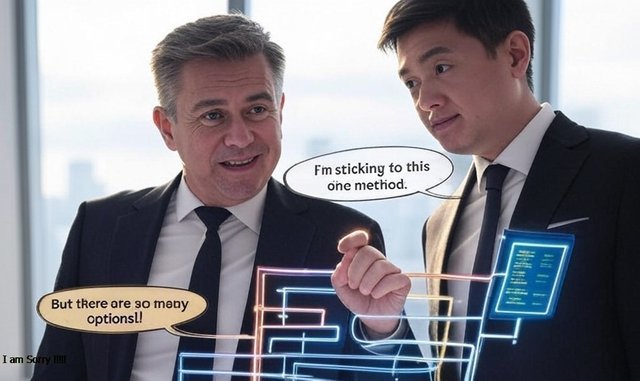
Although, nothing never is simple as it’s looks, and also the opposite could be true, which mean, things that looks too complicate, when get analyzed become simpler. So, the use of theory has both functions, to always keep thing easy minded and straight forward, but as well, shows the complicity behind the many simple matters. Using theory is like putting a special glass to seeing underlying patterns. things when interact with each other, create mechanisms that shape our reality. So, for the Trading activity, theory means to watch which factors put effect on the trader function and price action. It’s based on the claim that, the underlying principles of all markets and its various phases are practically the same, but only different in details of assets character.
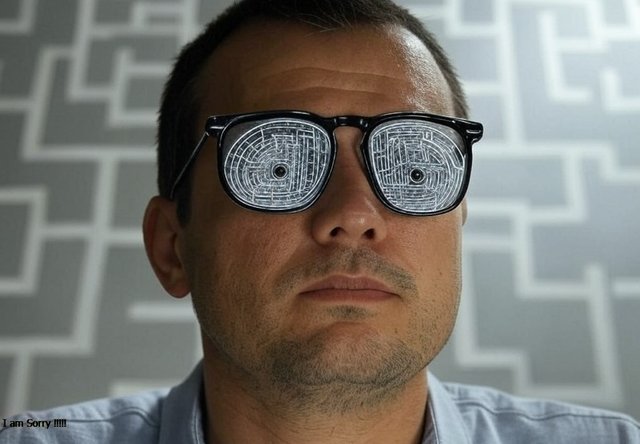
Random Walk (efficiency) and Deterministic (inefficiency)
For the first part of theory section; we look to the roots of all debates; What is the reason behind the market movements? Originally, there were only two answers; Randomness and Non-randomness: Randomness says that Market movements are random, and without any logical or intentional cause. That’s mean the price already reflects and discounted all information, and thus predictions and success are a question of probabilities. In this theory, neither buyers or sellers has clear control, and Trading improved only by adding liquidity, reducing costs, increasing speed, risk management and accessing to information.
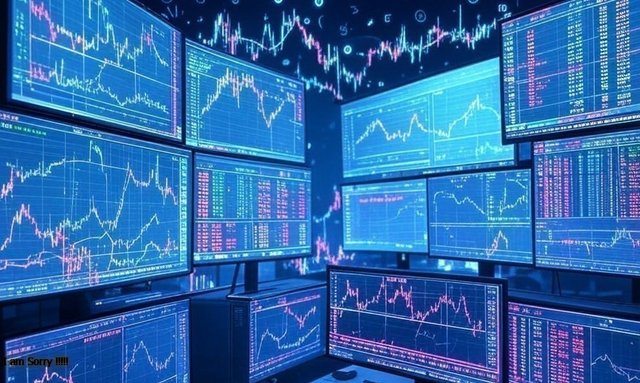
While randomness does occur, especially with unpredictable external events, yet, in an era where information spreads rapidly, and market participants often react in patterns to similar stimuli, Random Walk Hypothesis seems overly simplistic. Therefore, non-randomness theory presence here in otherway, and believed that Market movements are not totally random, or without any logic and cause. It says that, price movements are influenced by external factors, and it is possible to predict it. The market is a discounting mechanism, which prices based on expectations, not current conditions. Thus, New information, generating a disagreement between buyers and sellers, and one of the two will take control.
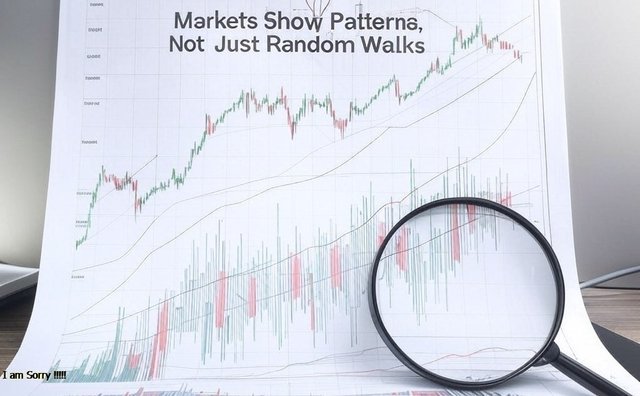
In short language, While, Randomness is based on the market efficiency, Non-randomness or determinism is based on market inefficiency. The inefficiency is represented in the moments of imbalances and trends; at the other hand, efficiency appears in the market movements within the range.
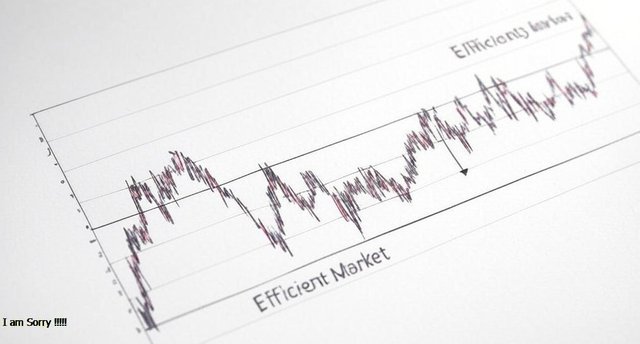
Adaptive Markets Hypothesis
Because of all the contradictions between the Random and non-random theory, some scholars and theatricians come to propose a new perspective. They believe that, the efficiency is a quality that varies according to the market conditions (agents, the environment, context), also, decisions that made based on the valuations, motives or needs, are conditioned too and changes over time. Thus, an Adaptive Market Hypothesis come to be the most realistic in reflecting the complexities of modern financial markets.
This theory suggests that financial markets are not strictly random or predictable but evolve, adapting to new information, economic changes, and participant behavior over time. It proposes that market efficiency varies, being more efficient under certain conditions and less so under others, influenced by how quickly and accurately market participants learn from new data.
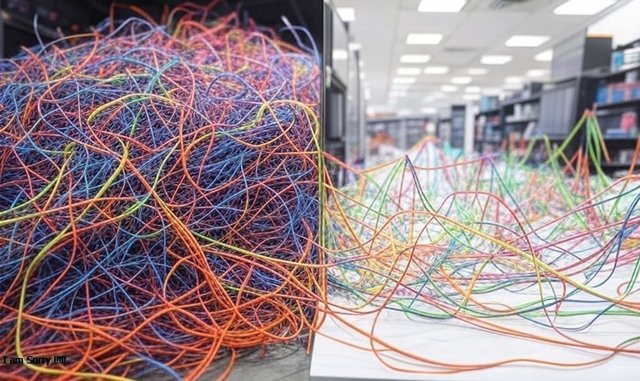
Adaptive Market Hypothesis accounts for periods where markets might seem predictable due to learned behavior or common reactions to economic news, yet also recognizes when markets can become unpredictable due to new information or unexpected events. This dynamic view better captures the nuanced reality of market behavior where both random elements and discernible patterns coexist and evolve.
To be clearer, about future expectation, by categorizing and defining stages, we can structure a roadmap for our journey, consisting of 4 seasons, including the first 1- The Method, which lays the foundation by exploring trading theories, lifestyle adjustments, psychological readiness, and strategic planning. 2- Analyzing, that focuses on equipping you with the skills to read charts, recognize market trends, and understand the significance of trading volumes. 3- Selection, which teaches you how to choose trades, time your actions, manage emotions, and interpret market news to make informed decisions. And finally, 4- Action, that delves into the practical aspects of trading, from psychological techniques and risk management to entry tactics, adapting to market changes, and knowing when to exit trades.
.png)
My aim is not only to explore the dynamics influencing the crypto economy but also to offer practical insights that demonstrate how these dynamics work in real trading scenarios. So, I hope you be ready to explore and reshape your insights about trading with me. feel free to leave your comment and ideas ...